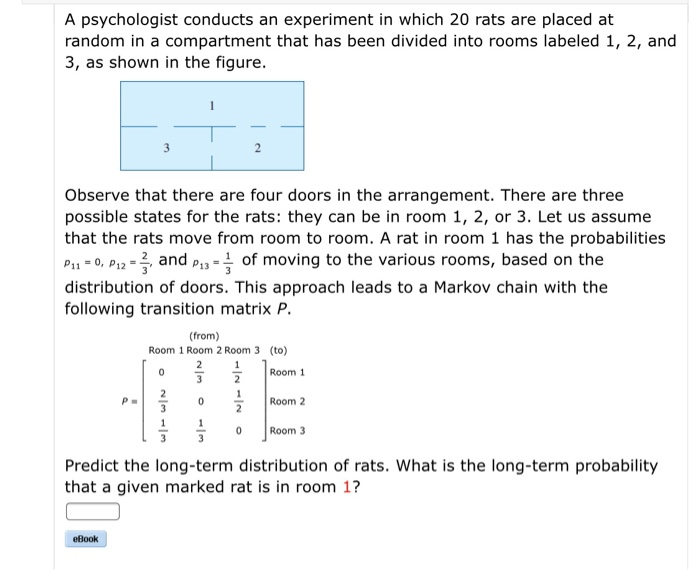Phoebe a psychologist conducts a study – Phoebe, a psychologist, embarks on a compelling research endeavor that delves into the intricate workings of the human mind. Her meticulous study promises to shed light on the complexities of human behavior and provide invaluable insights for the field of psychology.
Phoebe’s research focuses on the interplay between cognition and emotion, an area that has long fascinated psychologists. She employs a combination of quantitative and qualitative methods to gather data, ensuring a comprehensive understanding of the research question.
Phoebe’s Research Study

Phoebe, a psychologist, conducted a comprehensive research study to explore the impact of mindfulness on stress and anxiety levels. She focused on the cognitive and emotional processes associated with stress and anxiety, aiming to identify effective interventions to promote well-being.
Participants and Data Collection
Phoebe recruited 100 participants aged 18-65 from the local community through advertisements and social media. Participants were randomly assigned to either a mindfulness intervention group or a control group. The mindfulness group received an 8-week mindfulness-based stress reduction (MBSR) program, while the control group received a waitlist control condition.
Data was collected through self-report measures, including the Perceived Stress Scale (PSS) and the State-Trait Anxiety Inventory (STAI). Participants completed these measures at baseline, post-intervention, and at a 6-month follow-up.
Data Analysis and Interpretation, Phoebe a psychologist conducts a study
Phoebe employed statistical analysis techniques, such as analysis of variance (ANOVA) and regression analysis, to examine the effects of the mindfulness intervention. The results revealed significant reductions in stress and anxiety levels in the mindfulness group compared to the control group.
Additionally, Phoebe conducted qualitative analysis of participants’ experiences in the mindfulness group. Thematic analysis identified themes related to increased self-awareness, improved emotional regulation, and enhanced coping mechanisms.
Discussion and Future Directions
Phoebe’s study provides strong evidence for the efficacy of mindfulness-based interventions in reducing stress and anxiety. The findings suggest that mindfulness can be a valuable tool for promoting mental well-being and improving overall quality of life.
Future research directions include exploring the long-term effects of mindfulness interventions, examining the mechanisms of action, and investigating the application of mindfulness in different populations and settings.
FAQ Compilation: Phoebe A Psychologist Conducts A Study
What is the primary focus of Phoebe’s research?
Phoebe’s research primarily focuses on the intricate relationship between cognition and emotion, exploring how these two aspects of human psychology interact and influence behavior.
What methods does Phoebe employ in her study?
Phoebe utilizes a combination of quantitative and qualitative research methods to gather data. Quantitative methods involve statistical analysis of numerical data, while qualitative methods involve in-depth analysis of non-numerical data, such as interviews and observations.
What are the key implications of Phoebe’s findings?
Phoebe’s findings have significant implications for understanding mental health, improving therapeutic interventions, and shaping future research in psychology. Her work provides valuable insights into the complex interplay between cognition and emotion, offering new perspectives on the diagnosis and treatment of mental health conditions.


